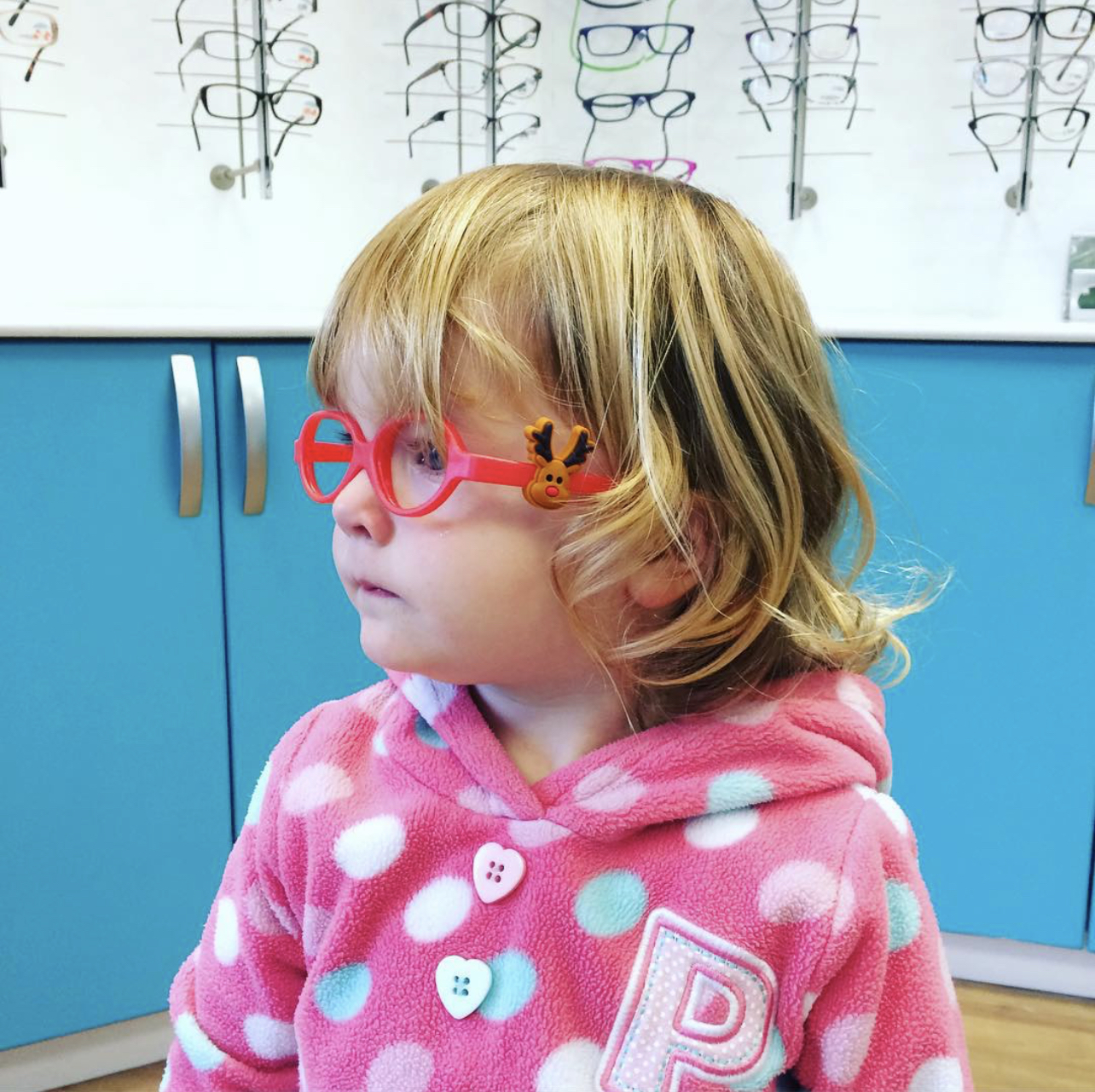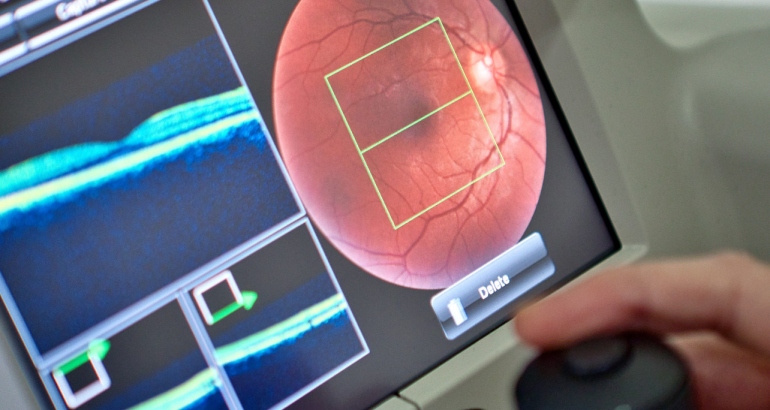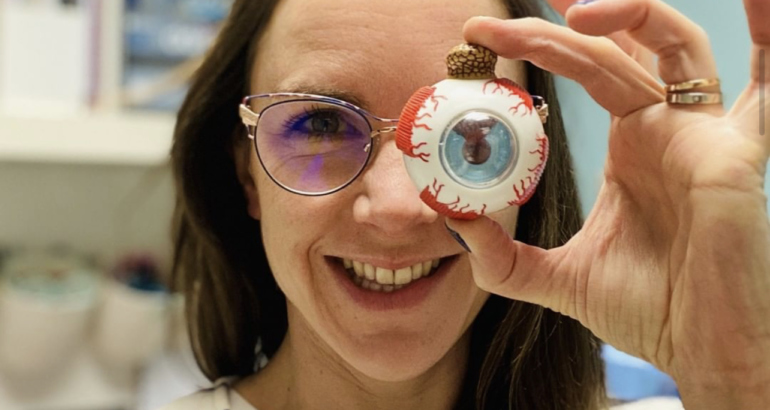NHS FUNDED EYE CARE FOR CHILDREN
All children under 16 are entitled to a free NHS sight test and if spectacles are required then we can provide an NHS voucher towards the cost. If your child has been provided with an NHS voucher after an eye examination elsewhere, you can bring the voucher to us if you wish to purchase the spectacles here.
The NHS will also give money towards repairing or replacing lost or broken spectacles. So do get in contact if your child has lost or broken their spectacles so that they do not have to be without their glasses for any longer than necessary.
CHILDREN’S FRAMES
We encourage children to choose their own frames and have over 50 frame choices ranging from budget designs, which are free with an NHS voucher, right up to designer frames available at an additional cost, starting at just £10.
We have frames in a variety of colours, shapes and sizes so we are confident that we have something for everyone and we also supply frames with a fitted magnetic sunclip which are very popular.
SPECIALIST FRAMES FOR BABIES AND SMALL CHILDREN
Very young children and babies have specific needs when it comes to the fitting of spectacles. One size does not fit all so we went to great lengths to research the best option for eyecare that meets the specific needs of children. As such, we are proud to be one of the very few practices in Cardiff that can supply a whole range of specialist frames, made especially for very young children and babies.
Miraflex frames are made entirely of a soft plastic material and have no hinges or metal parts whatsoever. Incredibly resilient, they are almost unbreakable, flexible and very safe. They also have an easily adjustable head strap. Miraflex frames put an end to the frequent trips to the optician for frame fittings, repairs and replacements.
Tomato Glasses are a range of comfortable, colourful and practical kids frames which have been expertly designed with children and babies in mind. The temple lengths are easily adjustable and thanks to the cushion on the tip which matches the complex curve on the ears, they don’t press or rub on the ears. Tomato Glasses have easily adjustable nose pad heights and each frame comes with an attachable strap as a standard accessory. When attached, the strap completely prevents the glasses from slipping, providing security when running and jumping, which means that Tomato Glasses are also great sports glasses.
We are also a proud stockist of the Centrostyle range of specialist frames, which also come in a variety of sizes and colours.
BLINX CHARMS
Blinx are small, rubber charms that push onto the sides of frames so children can customise their glasses and easily change how they look. Blinx charms have proved very popular among our younger patients and their parents.
Blinx can change a plain pair of frames into a themed pair, which is ideal if your little one has a particular interest or passion and at just £2.50 per charm, it is a very low cost way for parents to keep their children interested and enthusiastic about their spectacles and therefore improve compliance with wearing them.
There are currently over 20 different charms in the range – including seasonal ranges for Chrismas and Autumn.
HOSPITAL EYE SERVICE
Some children need to be seen by eye specialists at the hospital, usually for conditions like a squint (where one eye is pointing in the wrong direction) or lazy eye (one eye seeing better than the other). If Clare feels this is necessary then a referral will be sent directly up to the hospital and an appointment will be sent to your home address in the post.
Children under the care of the hospital will have their routine eye examinations there and will be given a voucher towards any necessary glasses. That voucher can be brought into our practice and used towards spectacles. A hospital voucher works in the same way that an NHS voucher does so many frames are free and for a contribution, designer frames are also available. Replacements and repairs can also be claimed for on the NHS even if your child is under the hospital.
MYOPIA CONTROL
1 in 3 people are currently short sighted, with that figure set to rise to 1 in 2 by 2050. Short sightedness, also known as myopia, most commonly starts during primary school years. As myopia is linked to the growth of the eyes and progresses until the eyes themselves have stopped growing, the earlier the onset, the higher the level of myopia ends up being by adulthood.
Any level of myopia carries with it a risk of certain eye conditions such as retinal detachment, glaucoma and myopic maculopathy, but the higher the level of myopia, the higher the risk. Recently there have been great scientific advances and we are now accredited to supply myopia management options to help slow down the progression of short sightedness in children.



